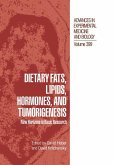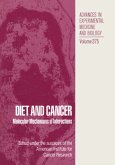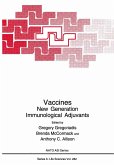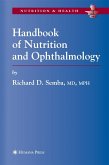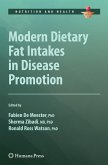This book was inspired by a gatheringofscientists in Los Angeles in 1994 under the auspices of the UCLA Clinical Nutrition Research Unit which is funded by the National Cancer Institute to promote new research into nutrition and cancer prevention. This unit supports research integrating basic and metabolic/clinical investigations which examine observations from epidemiologic studies and their application to the prevention ofcommon forms ofcancer through nutritional intervention. There is a great deal ofinformation from epidemiologic, experimental and metabolic studies implicating elements ofthe diet as important in the development and progression of common forms ofcancer including breast cancer, colon cancer, prostate cancer, and uterine cancer. When these forms ofcancerareexaminedcarefully, it isclearthat they share anumber ofcommon etiologic factors related to dietary fat, lipids, and hormones. A human cancer is usually discovered at a point where it has formed a detectable mass. For many forms of cancer, this may require 10 to 15 years from the time when the cancer is first initiated. Nutritional efforts at prevention may delay the progression ofcancer to a detectable mass resulting in reduced incidence and may retard the clinical progression and metastatic spread ofcancer after its primary treatment.
Hinweis: Dieser Artikel kann nur an eine deutsche Lieferadresse ausgeliefert werden.
Hinweis: Dieser Artikel kann nur an eine deutsche Lieferadresse ausgeliefert werden.


